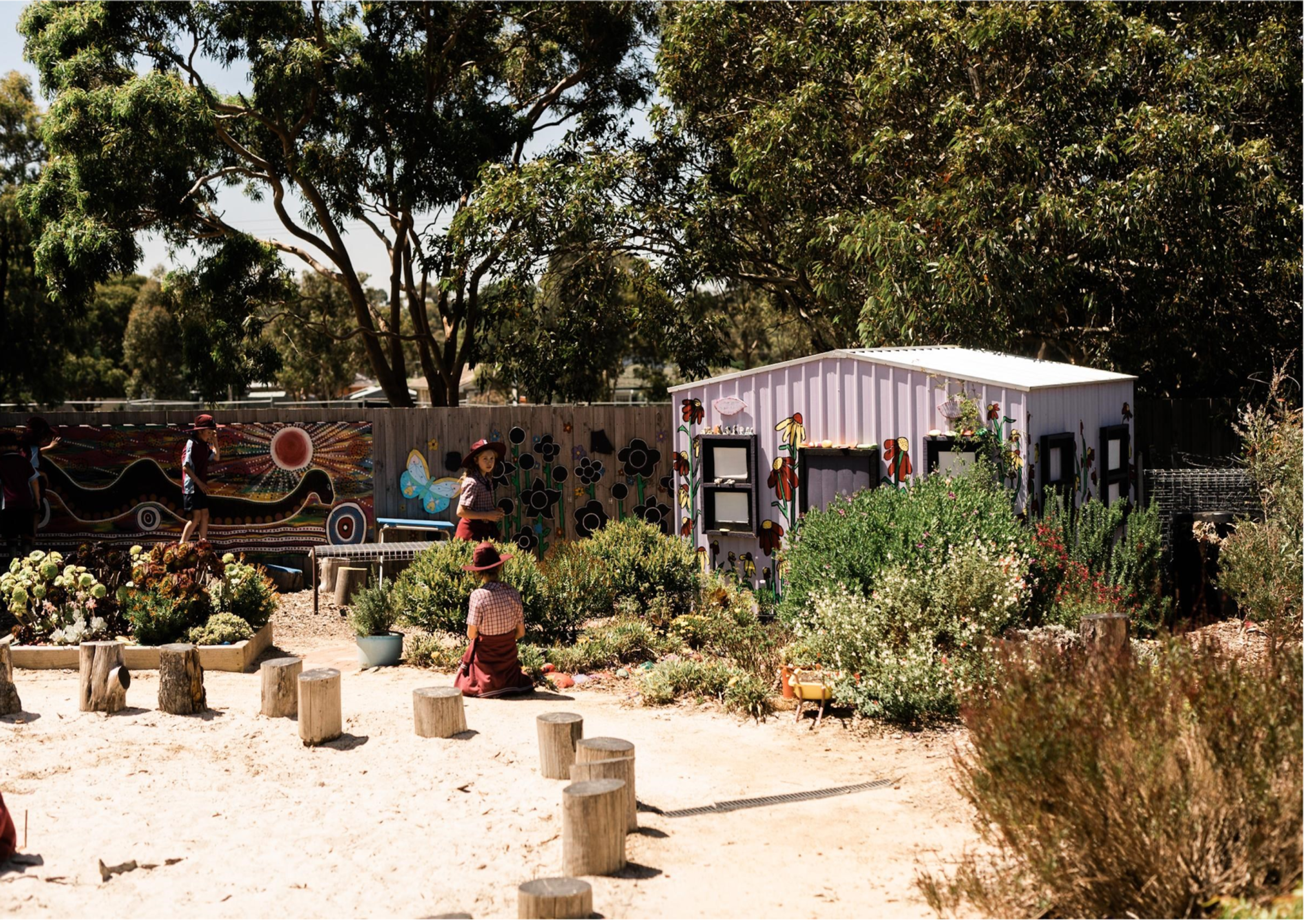Wellbeing News

It is fantastic to see children working and playing so well. It is obvious that teachers and parents are working together to deliver the best learning opportunities for their children. This term has already offered so many opportunities to build positive relationships between home and school. These activities have included Meet the Teacher sessions, Parent/Teacher interviews, Prep Testing sessions, Whole School Prayer Service and Masses, Assemblies along with PSG meetings. It was lovely to see so many families and staff at our recent school picnic.
So much is written of the importance of the school/home relationship. Evidence is clear that strong connections between school and home truly can enhance your child’s learning, social experience and positive attitude to learning. Children also have a greater sense of belonging, pride, accountability and connectedness.
We encourage all parents to continue to work together with the school. Operoo and Seesaw are simple ways to stay connected. Take time to read the newsletter. Allow these forms of communication to be a springboard for your conversations at home. Ask your child: What made your day great? How were you challenged today? What did you do to overcome your challenge? What were you most proud of?
Please don’t hesitate to contact your child’s teacher either via email or Seesaw to share your concerns, gratitude and your pride.
P2P -St Anne’s Parent to Parent Support Group
P2P is a support group for parents who have children with a diagnosis attending St Anne’s. This group is facilitated by the Wellbeing team. As the name suggests, it is an opportunity for parents to share their stories, seek support and ideas from each other. Stay tuned for upcoming events. If you have any suggestions as to topics you would like covered please contact one of the Wellbeing Team.
The Wellbeing Team
Kristie Browning Sue Sexton
kbrowning@sasunbury.catholic.edu.au sues@sasunbury.catholic.edu.au
Jade Salpietro
jsalpietro@sasunbury.catholic.edu.au
What can parents do to strengthen parent-school connections?
The start of the school year in the Autumn marks a new beginning for students and families. Naturally parents start thinking about what they can do to strengthen their children’s learning and development. But parent-school engagement is important all year round. It connects the two important contexts where children grow — home and school.
Through communication across home and school, parents and teachers can share information about children’s progress. They can discuss their needs and interests to find the right opportunities to promote learning experiences. Meaningful conversation between parents and teachers creates mutual understanding. It also enhances both parents’ and children’s experiences with school.
Family-school relationships have been described as a safety net to promote children’s learning and school experiences. Yet, parents differ in their skills, knowledge, resources and available time to support student engagement with school and learning. These differences are why cooperation and shared responsibility between parents and teachers are necessary to foster learning and students’ success in school.
Shared responsibility
How does shared responsibility work? On one side, teachers and schools should:
- Provide an inviting, supportive climate for parents and families.
- Examine and update their practices for partnering with parents to ensure children's academic success.
- Listen and respond to parents thoughts and desires for their children with respect.
Volunteering and more
On the other side, parents’ involvement with their children's school may include fundraising, volunteering or helping in the classroom. But parents can do more to connect to their children’s teachers and school staff in meaningful ways. As parents, you can:
- Work with teachers to set goals for your children's education. You are a partner with teachers in your children’s education and should work together to achieve mutually agreed-upon goals.
- Make the first contact with your children’s teachers. Talk with them at the beginning of the school year before you have any concerns about your children’s work. Contact teachers by phone, e-mail or in person. Be respectful and willing to learn what your children do in school.
- Ask for a language interpreter and/or a cultural guide if you need them. This will help prevent any misunderstandings stemming from cultural differences.
- Talk with teachers even when things are going well with your children. If there are problems, it is easier to work them out if you already have a relationship with the teacher.
- Let teachers know about big events in your children's lives. This includes a death or serious illness in the family, divorce or separation, job loss, or reduced income. These events can affect your child’s behavior in school and their ability to learn. Knowing about these big events helps teachers understand behavior changes and provide support.
Always work from the idea that parents and schools both want the best for children. As a parent, praise and thank teachers and school staff for their work when appropriate. Then watch your connection with your children’s school flourish.
From University of Minnesotta https://extension.umn.edu/parent-school-partnerships/what-can-parents-do-strengthen-parent-school-connections
